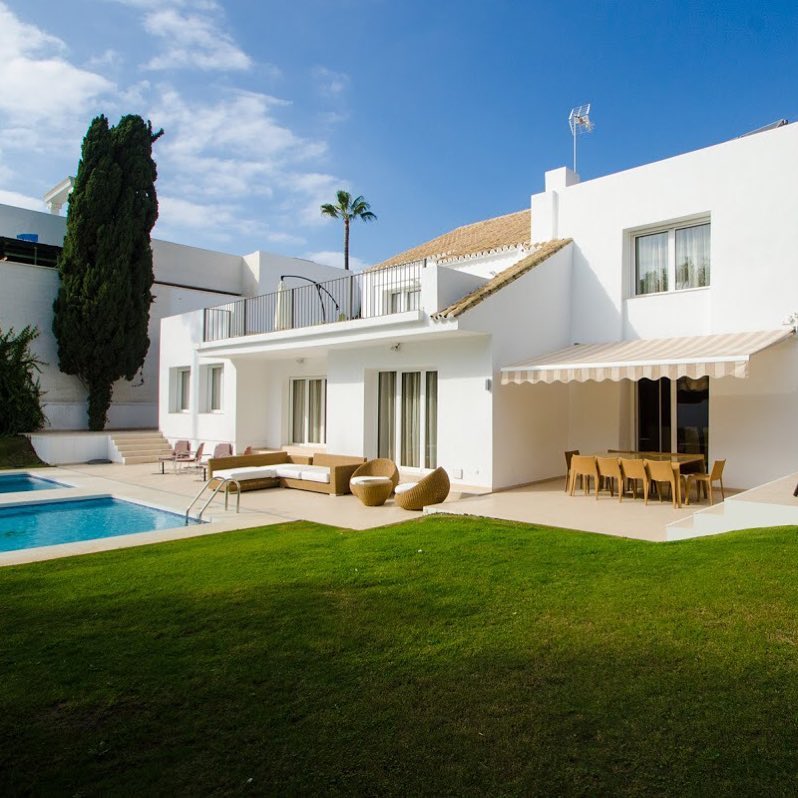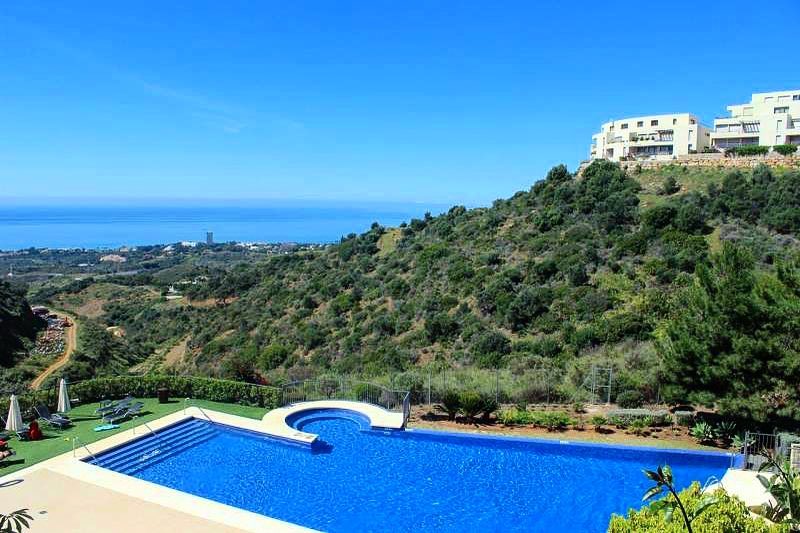For a long time, Spain is a very desirable country to live and invest. In this article we want to talk about the process of acquiring exactly retail real estate, which is now quite relevant. According to the latest market estimates, it is commercial property rental that is considered more attractive and cost-effective than renting out residential apartments. Analytics rental business shows that the profitability of space in Spain is:
- Costa del Sol (coast) - 8.9%;
- Andalusia - 8.6%;
- Madrid - 7.5%;
- Barcelona - 7.3%.
- Costa Blanca Coast - 8.1%.

HOW TO BUY COMMERCIAL PROPERTY IN SPAIN?
Choosing an object should take into account many factors that affect both the cost and liquidity and efficiency. The main ones are the “prestige” of the area (proximity to the center or sights, to the beach, elite housing nearby), a traffic intersection (metro, stops, parking, highway), condition and equipment of the object. Also of great importance is the status of the building and the availability of a license issued by the city hall for certain activities (parking, disco, shop, restaurant, etc.).
After the object has been selected, a package of documents is prepared for making a purchase and sale transaction. The requirements of banks and other official bodies have become much tougher today, and there is a further tendency towards complication. Constantly there are innovations that require a huge number of documents and other papers, which, in doing so, must be translated into Spanish exclusively within the country and only by specially authorized translators. Some banking institutions, in which an account is opened for a transaction and a mortgage will be issued, if there is a need for this, may additionally request the printing of an apostille on selected documents.
The first thing that should be prepared to collect a full case of documents is to obtain an NIE. This is an analogue of our TIN - the identification number of the alien. Without the NIE, you can not open a PC in the bank and, accordingly, make a purchase or sale of commercial space.
The second important step to successful registration is opening a personal account in a banking institution. Through it, you make a payment for the acquired property, pay taxes and a monthly amount of insurance, utilities and current tax service will be deducted from it monthly.

WHAT YOU NEED TO PROVIDE FOR THE OPENING OF THE RS FOR AN INDIVIDUAL?
- your passport and NIE;
- certificate of income for two years (2-NDFL);
- certificate of employment with an indication of your position, type of employment and salary in the context of the last 6 months. If you are the FLP - you will need to provide information from the tax on income;
- if you are not working and do not receive a steady income, you will be asked for a guarantee from the guarantor or information about alternative reasons for the availability of money (alimony, inheritance, pension, dividends, donations, etc., until winning the lottery).
If you are requesting the possibility of a mortgage loan, the decision will have to wait from 3 weeks to 2 months. To such a paper case you will need to add:
- certificate of ownership;
- an extract from a Russian bank with a report on the movement of funds over the past six months;
- description from a financial institution;
- certificate of credit history, confirmed by the relevant authority (national credit bureau).
The next stage - armored premises and the conclusion of a preliminary contract. Each transaction is individual; therefore, there is no fixed amount of bail or a percentage defined by law. You and the second party determine the amount of the pledge by prior agreement on the conditions of the reserve and further payments. Fixation is possible only when buying an object from the developer according to company policy.

In addition to the security, you will be asked to additionally pay 10% of the value of the property (minus security). At this stage, the time, date and procedure for settlements are clearly prescribed.
At the final stage of the acquisition, documents are signed in the presence of a legalized notary. Prior to this, the specialist is obliged to check the building or sales area for any encumbrances and act as a guarantor of a safe, clean transaction. It will also make the object in the register of owners and will ensure the correct payment of all necessary fees.
SPANISH TAXES ON COMMERCIAL REAL ESTATE:
- to transfer property for the secondary ITP market - 21%;
- when buying from the developer or legal entity IVA (VAT) - 21%;
- the rest of the tax will be from 2 to 4 percent of the cost;
- stamp duty (if the room is new) - 0.1-1.5;
- registration in the registry - 1;
- notary fee of 0.5 -2 depending on qualifications and region;
- tax on documented acts;
- registration of the mortgage (if relevant).
HOW MUCH DOES THE MAINTENANCE OF COMMERCIAL PREMISES IN SPAIN?
- communal counter and other expenses for the maintenance of the total area;
- IBI - municipal charge of ownership. Each municipality is different;
- waste collection - also different fees depending on the region;
- IRNR - deductions from non-resident incomes. If you are the owner of a rental or any other business - please share with the state. As a rule, if your tenant is a Spanish company, then they themselves calculate the appropriate amount from the rent and pay to the budget;
- Impuesto de Sociedades - deductions from profits for legal entities. The total rate for it is 3-5%. But this is not a constant value, since everything depends on the size of the profits and the type of your activity. For example, foundations and associations, as well as holdings and new companies that qualify for economic activity, have different rates and the possibility of preferential taxation (from 16%). Depending on the annual turnover, the rate will increase to 30% (if it is more than 300 000 Euro).

This is only superficial data on which it is impossible to rely in the calculations, since everything is individual, and the requirements and changes in legislation are made on a monthly basis. In order to learn the actual requirements, it is better to turn to a competent specialist. An experienced team of experts will be able to offer you the best liquid options, guarantee the economic and legal security of the transaction and advise you on tax matters.
